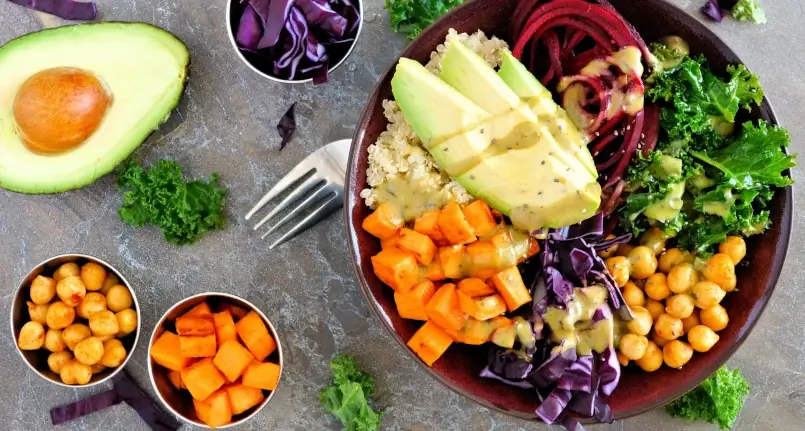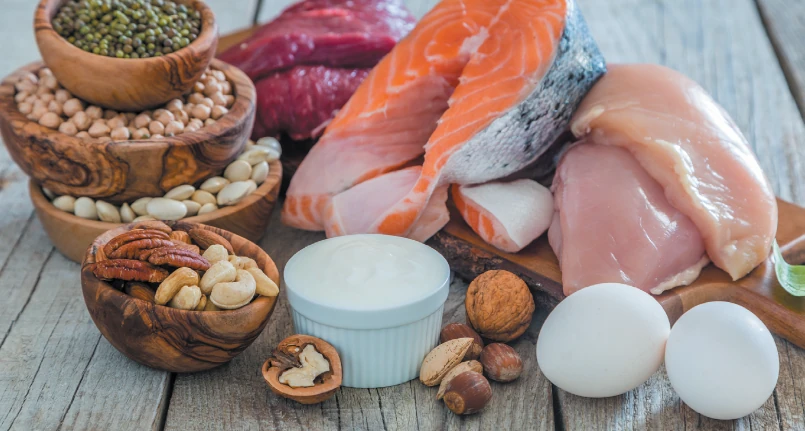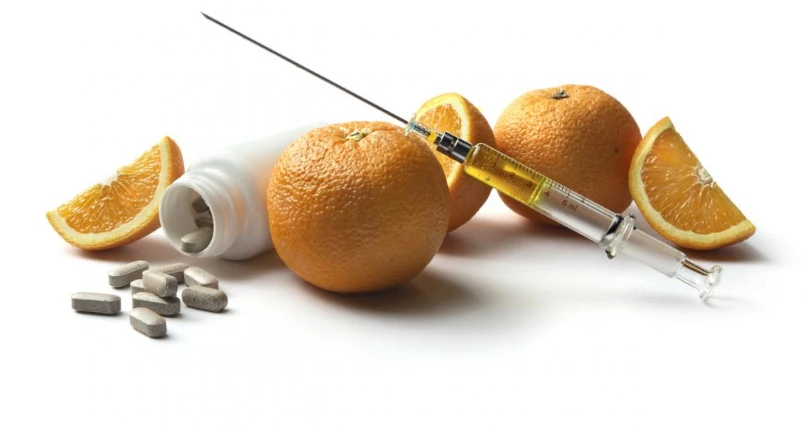Introduction
One of the most debated issues when it comes to a correct and nutrient- balanced diet is whether it is correct to distribute carbohydrates and proteins according to the time of the meal, i.e. whether it is better to consume carbohydrates at lunch and proteins at dinner. Universally there is no answer, except that at night, and therefore after having eaten the evening meal, energy consumption tends to decrease. However, depending on the subjects, whether they are following a low-calorie diet or are, for example, sportsmen, the needs change.
According to experts, macro nutrients should never be lacking in the main meals of the day. At breakfast , lunch and dinner, we should always have carbohydrates, proteins and fats, in clearly different percentages, especially in the presence of certain pathologies. An example: in meals in which only the first course is consumed, this can be seasoned with vegetables and a protein source (such as legumes or fish ) in order to obtain a balanced meal . Likewise, if you choose to have a second course, this can be accompanied by a side dish, bread or potatoes as a carbohydrate source.
In general, except for athletes, the intake of carbohydrates at dinner is still not recommended by personal trainers and nutritionists. The explanation, of a metabolic nature, would refer to the intake of carbohydrates and the relative increase in blood sugar , a predisposing factor to type 2 diabetes , hypertriglyceridemia and the accumulation of adipose tissue.
Carbohydrates for lunch or dinner?
Following a Mediterranean diet , it is possible to eat carbohydrates (therefore also pasta, rice ) for both lunch and dinner . The relevant factor is the containment of calories according to circadian rhythms : the metabolic structure and hormonal production change over the course of twenty-four hours. For this reason, it is healthier to distribute the calories of meals so that dinner provides no more than thirty percent. In general it is better to prefer more digestible carbohydrates in the evening, so as not to alter the quality of sleep . The pasta and therice , for example, better if wholemeal : lighter and able to stimulate serotonin .
Not just cereals: foods that contain carbohydrates
Not only pasta, rice, bread and cereals contain carbohydrates. Many other foods are a source of carbohydrates such as:
- fruit ( citrus fruits , apples , pears , etc.),
- vegetables
- milk
- honey .
- legumes ( beans , chickpeas , lentils , etc.),
- pseudocereals ( quinoa , amaranth , buckwheat, etc.),
- starchy tubers ( potatoes , sweet potatoes, cassava , etc.)
- chestnut
Carbohydrates at dinner: yes or no?
A crucial role is played by insulin , whose metabolism is correlated to that of glucose , therefore to that of carbohydrates. Meals are fundamental in this sense as insulin metabolism is optimal in the morning rather than in the evening (and not due to pancreatic activity ) .
The insulin resistance factor comes into play here . Consuming a greater quantity of carbohydrates (albeit reduced in subjects with diabetes , obesity, insulin resistance , etc.) in daytime meals reduces the permanence of insulinemia and post-prandial glycemia , and consequently the production of fats which are deposited in the adipose tissue .
In general, the night time, which therefore follows the evening meal, is characterized by the lowest caloric expenditure of the whole day. In fact, dinner should not support particular subsequent activities, as on the contrary it is for breakfast or lunch that they must provide energy to face the day. While the body needs nutrients, vitamins , minerals , etc., energy consumption is drastically lower. It follows, therefore, that glycides – carbohydrates – should be distributed in the hours preceding a greater expenditure of energy , i.e. in the morning and until lunch.
On a diet and for sportsmen
What has been illustrated so far is generally valid. However, there are exceptions, such as, for example, for people who follow a diet aimed at weight loss , and sportsmen who train perhaps at the end of the day and need energy for muscle recovery . Anyone who is following a low-calorie slimming diet and especially if of the low-carb type, or intends to normalize the tendency to hyperglycemia will have to keep in mind the universal rule of energy balance: if you introduce more calories than you consume, you accumulate weight. Otherwise, in a calorie deficit, you lose weight. This happens completely independently of the nutritional distribution between lunch and dinner. As already widely said, in this case, carbohydrates should always be consumed in moderation but at breakfast and lunch, and in a reduced way at dinner.
For sportsmen the speech is still different. Above all, aerobic activities are practiced, a form of training in which the consumption of glucose is very high, and consequently also that of muscle glycogen . A carbohydrate debt is therefore created. If dinner is devoid of carbohydrates, muscle recovery is also compromised, which leads to an evident decrease in performance.
That’s what protein is for when you train.
Here’s how to add protein to your meals.




